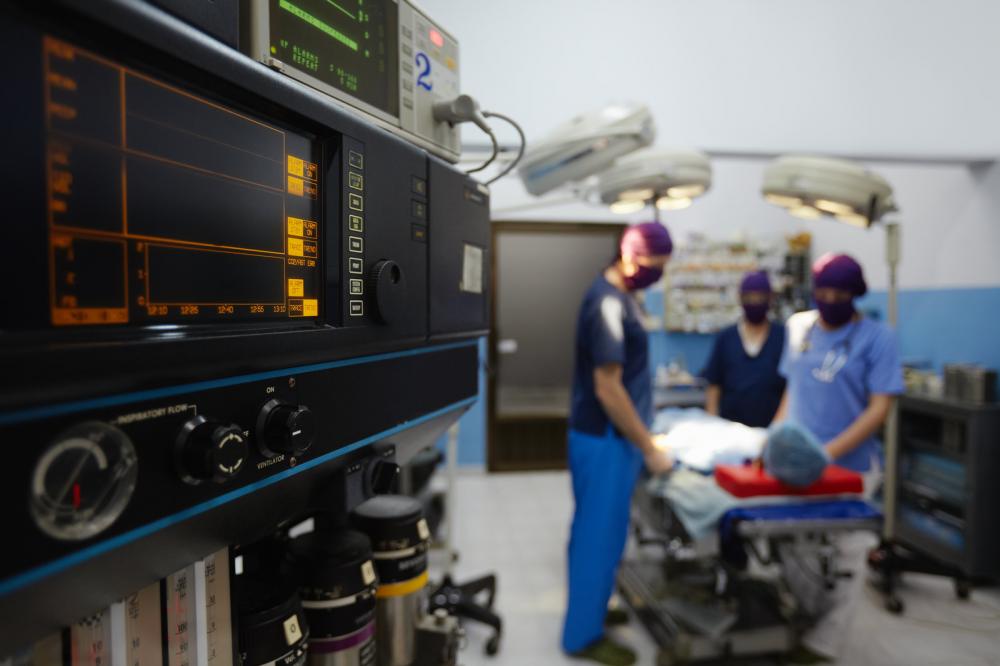Massachusetts recently passed a law meant to help people get access to addiction recovery while in medical crisis. Many people with addictions end up in the ER for overdoses, but they’re just as likely to be sick from an infection or withdrawal pains. At those times, they often are willing to imagine something better. Until recently, there was nothing to offer people with opioid use disorder except a discharge.
ER Doctors Prescribe Medication-Assisted Treatment
Three years ago, a doctor named Dr. Alister Martin grew frustrated at the lack of medical treatment for people who overdosed and ended up in the ER. He decided that there needed to be a full plan to help people with opioid use and other disorders get the help they needed to begin their lives in addiction recovery.
Dr. Martin felt so strongly about helping ER patients with addiction get back on their feet that he started an awareness campaign to get doctors in his own hospital, Mass General. He advocated heavily for medication-assisted treatment to be prescribed to every person with an opioid user that wanted help. An anonymous donor helped him set up a full PR campaign, and he began inviting ex-opioid users to come and talk about their life in recovery. It seemed to “click” with the doctors, and soon he had dozens of students.
Today, he offers education on opioid addiction and medication-assisted treatment. This allows emergency room doctors and nurse practitioners the ability to prescribe medication-assisted treatment immediately. This can be a great relief for a person who is in pain from detoxing from drugs.
A Vulnerable Moment in Time for Patients
Patients who have been revived from an overdose using Naloxone are often in immediate withdrawal due to the effects of the drug. They wake up alive, but miserable. They may decide this time they want to get clean, but they’re not sure how to do it. Without guidance from a medical or treatment professional, they usually go right back to the road they were on.
A prescription for medication-assisted treatment can be a lifesaver for people with an opioid use disorder.
Some people have begun to come to the Emergency Room from word-of-mouth, seeking help for their addiction via medication-assisted treatment.
Doctors at the ER also have to get a certificate from the federal government that lets them prescribe buprenorphine. Currently, only about 6% of doctors in the United States know how to help an addicted person. In Massachisetts, doctors are now trained to help when a patient wants to get treatment for their addiction.



Leave A Comment
You must be logged in to post a comment.